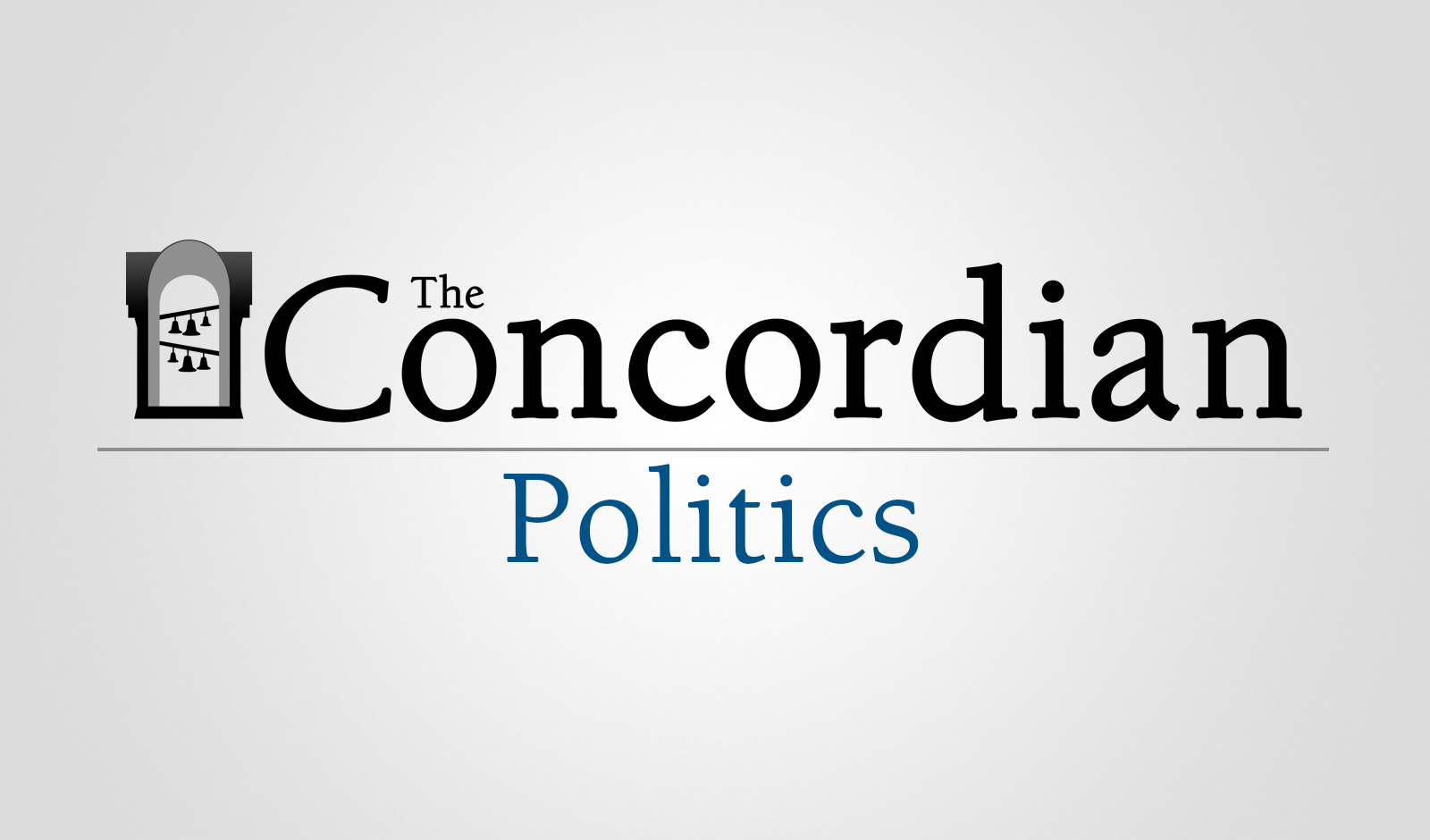For the United States the war in Afghanistan is finally approaching an end. President Obama’s deadline for troop withdrawal is set for the end of 2014, and for many in America this could not come sooner. The conflict, now more than a decade old, has resulted in the deaths of over 2,000 US military personnel and has been a major contributor to the country’s debt. The combined cost of the wars in Iraq and Afghanistan has been estimated to be between $4 trillion and $6 trillion. It has also become deeply unpopular with the American public, with support dropping dramatically from the initial days of the war when it hovered around 80% to a 2012 poll showing only 27% support remaining. Although the US seems very much ready to bid farewell to Afghanistan, there remain many questions as to what the state of the country we’re leaving behind will be.
The obvious and probably most discussed concern is that of the country’s military capabilities. The Afghan armed forces, while having expanded their numbers significantly in recent years, still lack certain capabilities that are taken care of for now by ISAF, the international security force. It has also continued to suffer from a high amount of “insider attacks”, Afghan soldiers and policemen turning their guns on their counterparts. While it has long been thought that the US would continue to keep a small force in the country post-2014 for the purpose of training the Afghan army and providing things such as transportation and air support, leaders from both countries are now considering complete withdrawal of all foreign troops.
What should be considered to be of greater concern however, is the condition of the government of Afghanistan. It remains relatively weak and has long been notorious for being riddled with corruption, even at its highest levels. Last year the Kabul Bank was on the verge of collapse due to the enormous amount of graft being perpetrated by figures including many people linked to Afghan President Hamid Karzai. A report done by the Congressional Research Service published last November highlights several major issues that still exist within the Afghan government. It cites concern over things such as massive amounts of fraud during elections, entrenched nepotism and the existence of an informal power structure of local and tribal leaders. Despite supposed efforts by Karzai to combat the rampant corruption a recent survey found that half of all Afghans have had to resort to bribery to request a public service.
Military aid cannot alone ensure the survival and prosperity of the Afghan government post-2014. A change in the corrupt practices currently in existence is critical to ensuring the country’s stability after the departure of international troops. A government suffering from such major flaws will easily become viewed as illegitimate by its people, potentially throwing Afghanistan into even more conflict than it already faces. Pressure needs to be applied by donors that provide the Afghanistan with large amounts of aid such as the US for the government to enact greater transparency and accountability laws on many levels, which could consist of withholding some of that aid if progress is not shown after a certain period of time. Additionally we could encourage implementing various smaller measures that reduce the opportunities for corruption, such as eliminating the ability of public employees to negotiate fees. Without taking steps such as these and others we risk leaving behind a significantly weak Afghanistan despite all the lives lost and money spent over all these years to strengthen it.


Very good insight to an explosive area of the world